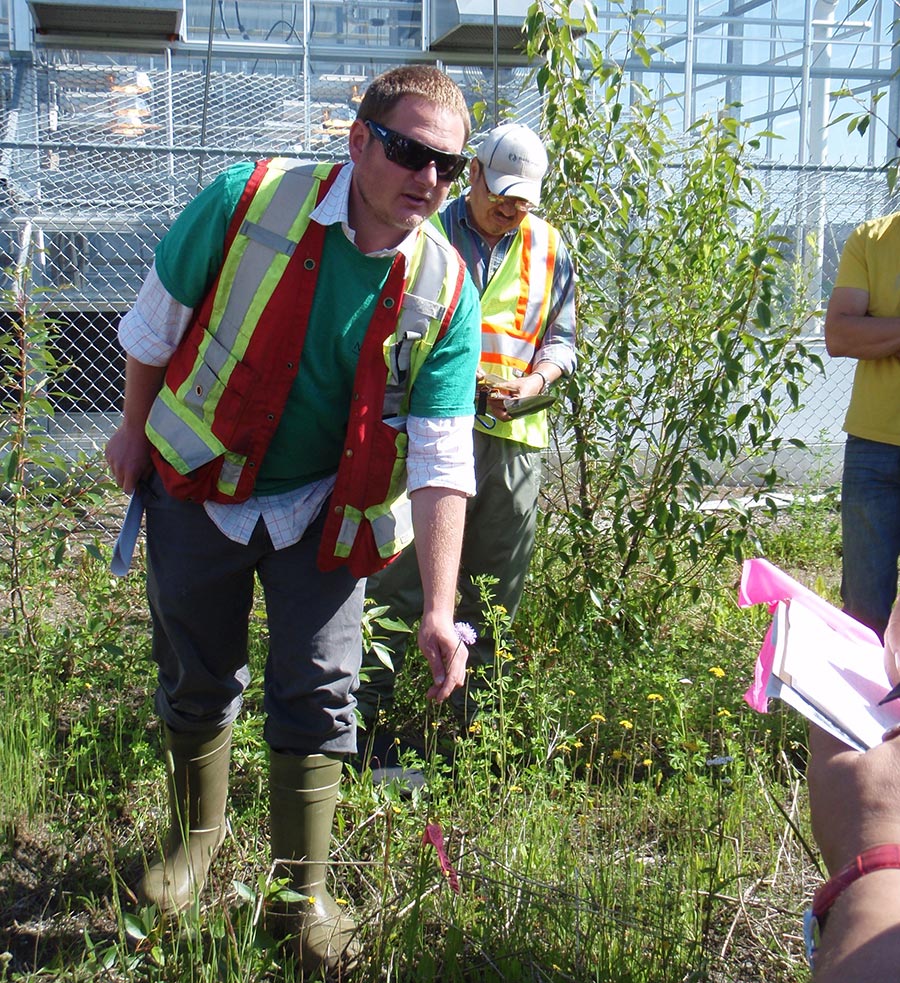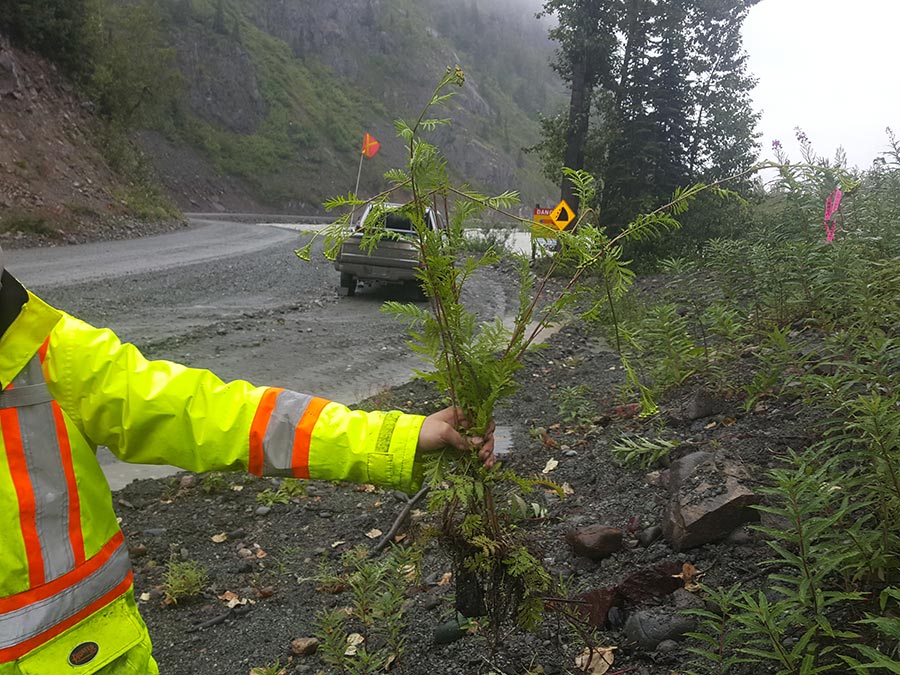What We Do
Our Mission and Mandates
Community Education
We offer workshops, training sessions, and outreach programs to educate local residents, landowners, and community groups about invasive plants. Our goal is to empower everyone to take part in invasive species management.
Looking for a way to bring some local groups together to help the environment? We can help you organize a Community Weed Pull – a chance to get a little dirty with some friends and neighbours, share knowledge about a special space, and learn how to stop the spread of invasive species!
A community weed pull is a hands-on event designed to promote public awareness and involvement in invasive plant management.
Targeted Management Programs
Assess problems and threats that various invasive plants present to the environment and economy of the area.
Categorize invasive plants and prioritize sites for control
We focus on identifying and managing high-priority invasive species that threaten the biodiversity and economy of northwest British Columbia. Our programs include mapping, monitoring, and controlling these species to mitigate their impact on the environment. All “on the ground” management activities are recorded in the provincial InvasivesBC database.
Management Methods
Manual Removal
Physically pulling, digging, or cutting plants to prevent spread. Best for small infestations.
Mechanical Control
Using tools or machinery (mowers, tillers, chainsaws) to cut or uproot invasive plants. Suitable for large areas.
Chemical Control
Applying herbicides to target invasive species while minimizing impact on native plants. Requires proper application techniques and permits.
Biological Control
Introducing natural predators, pathogens, or competitors (e.g., insects, fungi) to reduce invasive plant populations. Requires careful study to avoid unintended consequences.
Prevention
Implementing best management practices (BMPs) to reduce introduction and spread, such as cleaning equipment, using certified seed, and monitoring disturbed areas.
See something you don’t recognize or have concerns about? There are a number of ways you can let us know what you observed and also find information about what you see. Your reporting helps us to know what’s out there and where it is located.



